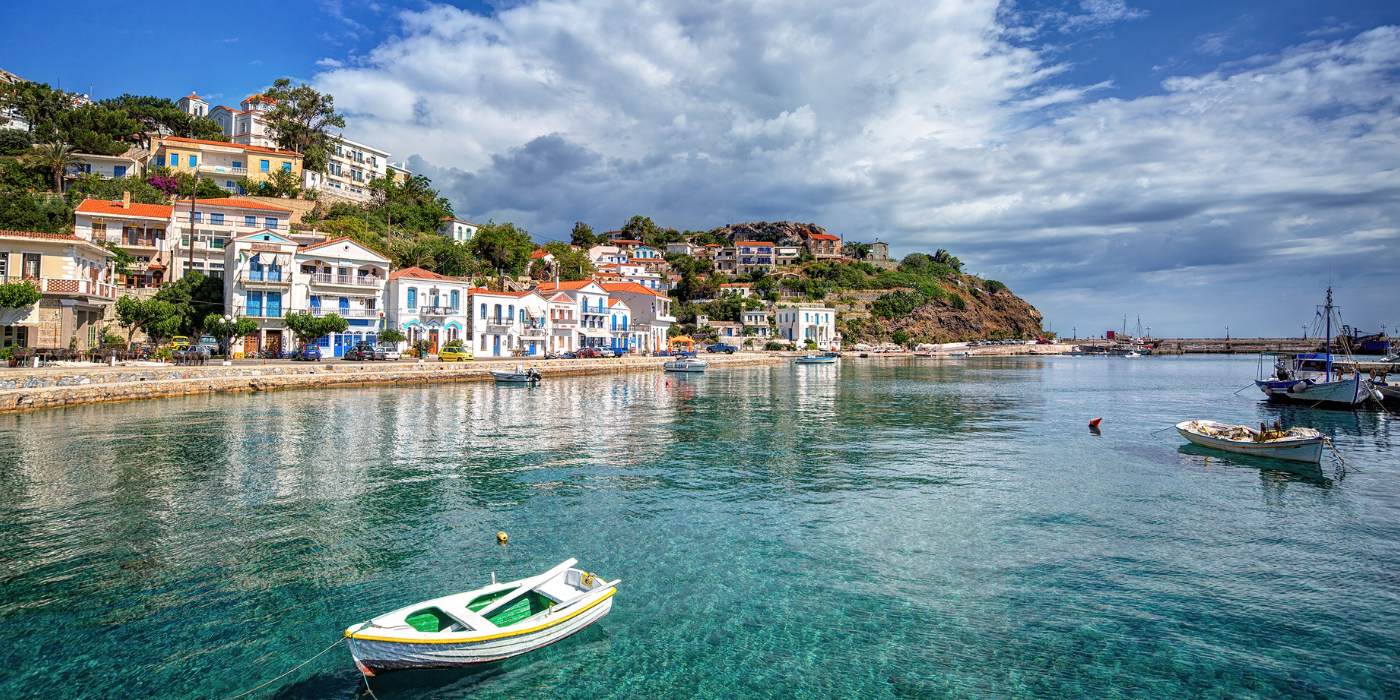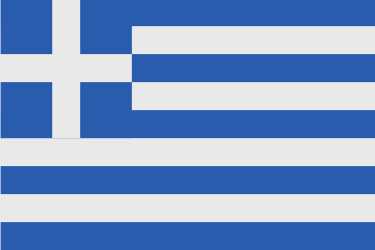

May to October is the ideal time to explore Ikaria. The summer months bring warm weather, clear skies, and vibrant festivals. For quieter moments, visit in May or September—perfect for hiking, swimming, and soaking in the calm.
What is the island known for?
Ikaria is known for its remarkable longevity, stress-free lifestyle, and unique culture. It’s one of the world’s Blue Zones, where people live significantly longer, healthier lives. The island also offers beautiful beaches, hot springs, forested hiking trails, and unforgettable village feasts that run until the early morning.
Is the island a good destination for families?
Yes! Ikaria is perfect for families seeking authentic, slow-paced travel. Beaches like Faros are calm and shallow, and there are plenty of outdoor adventures—hikes, nature walks, and family-run tavernas. Just note that nightlife is relaxed, and facilities for young children may be more limited in remote areas.
Is the island a safe destination for tourists?
Ikaria is considered extremely safe for travelers. Locals are welcoming, crime rates are low, and the island has a strong sense of community. You’ll find people helping each other freely, and solo travelers are usually treated with kindness. Just exercise standard travel precautions as you would anywhere.
Do you need a visa to visit the island?
If you’re from the EU, UK, USA, Canada, or Australia, you can enter Greece visa-free for up to 90 days within a 180-day period. Ikaria follows Greece’s Schengen visa rules, so check your country’s eligibility before traveling and ensure your passport is valid for at least 6 months.
What is the best way to get to the island?
You can fly to Ikaria National Airport (JIK) from Athens (ATH) or take a ferry from Piraeus (Athens port)—a longer but scenic option. There are also ferry connections from other Aegean islands like Samos or Mykonos. Flights are quick (~1 hour), while ferries take 7–10 hours.
Should I rent a car on the island?
Yes, renting a car is highly recommended. Ikaria is mountainous and its villages are spread out. Public transport is minimal and unpredictable. With a rental, you can explore hidden beaches, hot springs, and mountain trails at your own pace. Drive carefully on winding roads and narrow mountain passes.
Is the island wheelchair accessible?
Accessibility is limited in many areas due to steep terrain and old infrastructure. Some hotels and new buildings in Agios Kirykos or Evdilos have accessible options, but cobblestone streets and lack of ramps may be challenging in mountain villages or beaches. Contact accommodations directly for specific arrangements.
What are the island’s most famous landmarks?
Ikaria’s best-known landmarks include Seychelles Beach, the Therma Hot Springs, Theoktistis Monastery, and Nas Beach with Artemis ruins. The island also features historic windmills, ancient towers, and Byzantine churches. Christos Raches is a landmark in itself—a timeless village that truly never sleeps.
What are the best beaches on the island?
Top beaches include Seychelles Beach (iconic and secluded), Nas Beach (great for sunsets), Faros Beach (family-friendly), and Armenistis Beach (popular and relaxed). Each offers a different vibe—whether you’re looking for solitude, swimming, sunbathing, or photo ops. Pack sturdy shoes for hiking to remote coves.
What is unique about the island’s wildlife?
Ikaria’s wildlife includes wild goats, migratory birds, and native plant species like Ikarian oregano and mountain tea herbs. The island is part of a protected ecological network (Natura 2000), rich with butterflies, medicinal plants, and endemic species. The mountainous terrain preserves this rare biodiversity.
What traditional foods should you try on the island?
Don't miss soufiko (Ikarian ratatouille), kavourmas (slow-cooked pork), and louza (cured meat). Try local goat stew at a panigiri, fresh wild greens, and honey from pine trees. Pair meals with strong Ikarian red wine or tsipouro (grape distillate). Everything is seasonal, simple, and cooked with love.
Can you drink tap water on the island?
Yes, tap water is generally safe to drink in most villages. In mountainous regions, water often comes from natural springs. However, some travelers prefer bottled water in rural areas due to taste or potential sensitivity. Bring a reusable bottle—many spots offer fresh spring water.
What is the nightlife like on the island?
Ikaria’s nightlife is unique and local. In villages like Christos Raches, tavernas and cafés open late—sometimes not until 10 p.m.—and panigiria (festivals) go until sunrise. Don’t expect loud clubs; think live music, community dancing, homemade wine, and conversation under the stars. It’s intimate and unforgettable.
How can I stay connected to the internet on the island?
Most hotels, guesthouses, and cafes in Agios Kirykos and Evdilos offer free Wi-Fi. However, rural villages and beaches may have spotty reception. For reliable data, get a local Greek SIM card (e.g., Cosmote, Vodafone) in Athens before you arrive, or in Ikaria’s major towns.
What are some local souvenirs to bring home from the island?
Take home Ikarian herbal teas, organic honey, handcrafted ceramics, and locally bottled wine. Traditional woven textiles, olive oil, and natural soaps made with island herbs also make thoughtful gifts. You'll find these treasures at village markets, artisan shops, and even directly from locals.
